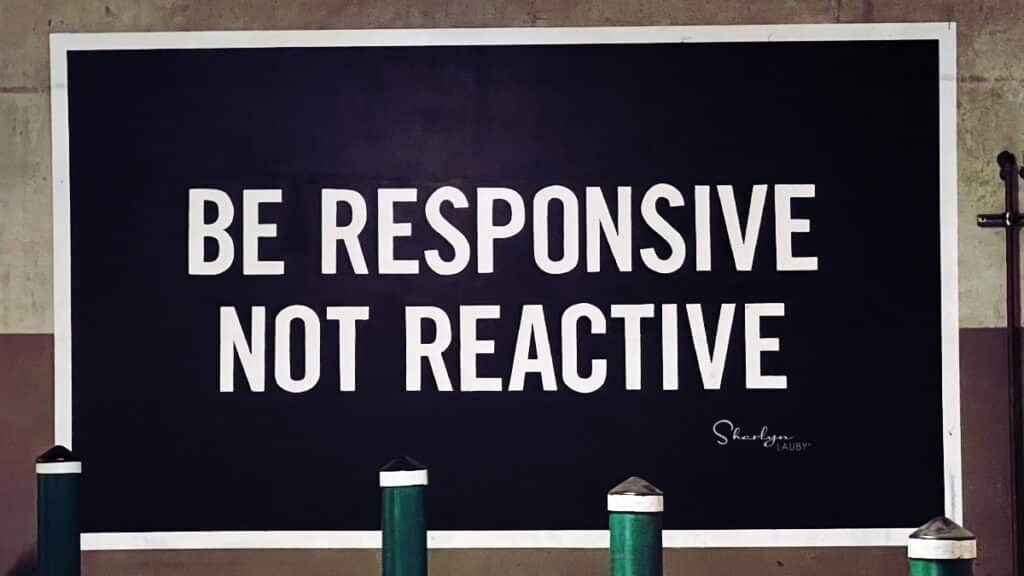Estimated reading time: 3 minutes
There was an article recently on Fortune titled, “A company replaced all of its managers with coaches. Employees became 20% more productive–and much happier.” It’s an interesting read worth checking out and maybe not for the reason you might think.
For as long as I can remember, we’ve said that managers need to be coaches. They need to coach employees to maintain morale. Managers should coach employees to achieve improved performance. The Fortune article made me pause and wonder if that’s still the case. What was a little difficult to glean from the article was:
- Did the company fire all their managers and replace them with coaches who can manage? Or,
- Did they just tell their managers to focus on managing and hire coaches to focus on coaching?
Let’s look at the first question. If the organization fired all their current managers and replaced them with coaches who can manage, then why didn’t the company just provide coaching skills training to their management team? There are lots of consultants who provide this type of training. The company could have reached out to a coaching organization like the International Coaching Federation and signed up the management team to become certified coaches.
Say the cost of turnover is approximately one year’s salary. Then let’s say it could cost the company $50,000 to replace a single manager. But the cost of a coaching certification is $10,000. So, the organization spent $50,000 to save $10,000? That just doesn’t make sense.
Unless of course, the managers that were being replaced lacked some other skills. Then the company really isn’t getting rid of managers because they lack coaching skills. They’re getting rid of managers because they lack a whole bunch of skills. Which of course, raises the original question – why do the managers lack skills? Shouldn’t the company have been training and developing them all along?
That leads us to the second question. What if the organization said, “Asking managers to manage and be coaches is too much. Let’s hire some coaches to supplement what the manager is doing.” Remember the functions of management include planning, organizing, staffing, leading, and controlling. It is very possible that managers have too much on their plate.
And to do employee coaching well, the organization should consider having dedicated coaches. So, the company really didn’t “replace” their managers. What they did was add a coaching team to the organization. Honestly, that could make a lot of sense.
I remember touring the Zappos offices years ago and hearing that they offered coaching as an employee benefit. They had coaches come in during the workday. Employees could sign up to meet with a coach. And the coach would help the employee accomplish their goals – whatever those goals might be. Because that’s what coaches do. They help employees accomplish their goals.
While the Fortune article title was a bit clickbaity – or a lot clickbaity – it did make me pause and ask myself, “Are we expecting too much from managers?” “Would it make sense to have a coaching team?” I could see the entire company benefitting from a coaching team – including managers. Organizations could start with an external consultant – like Zappos did – and if it delivers results, consider an in-house team. This might be a perfect project for the company’s HR Lab.
Coaching is an important activity. It helps us improve our performance, which benefits the bottom-line. Maybe it’s time to view coaching as a value add to the management team.
Image captured by Sharlyn Lauby while exploring the streets of Gainesville, FL
The post Should Managers Be Coaches Or Is There a Better Option appeared first on hr bartender.



0 Commentaires